MuskMelon Seeds Kharbuja F1 Hybrid seed pack of 10 seeds
₹60.00
In stock
MuskMelon Seeds Sow and Plant
Crop Rotation Group
Cucurbits (Squash family) ●
MuskMelon Seeds Soil
Rich soil with plenty of compost added. Often grown in widely spaced enriched hills, or in well-aged compost heaps that include some soil.
Position
Full sun.
Frost tolerant
No.
MuskMelon Seeds Sow seeds 1 inch deep in rows, or in hills spaced 6 feet apart. After 2 weeks, thin to 2 plants per hill. To prevent insect problems and encourage early growth, cover seedlings with row cover (fleece) tunnels until they begin to bloom.
Our Garden Planner can produce a personalized calendar of when to sow, plant and harvest for your area.
MuskMelon Seeds Notes
Fruit size, flesh color and texture varies with variety and type of melon. Fast-growing muskmelons often do best where summers are cool and rainy, while warm, dry climates favor smooth-skinned honeydews. Small melons mature quickly and take up less space compared to varieties that produce huge fruits.
MuskMelon Seeds Harvesting
Many muskmelons and cantaloupes separate naturally from the stem when the melons are ripe, so they come away from the vine with only a gentle tug. Melons that do not “slip” often sound hollow when tapped, and the skin color takes on a yellowish cast. Wipe harvested melons clean and store indoors in a cool place, or in the refrigerator.
MuskMelon Seeds Troubleshooting
Use a paper or other roll-out mulch to prevent weeds. Do not weed after the fruits have set. In the US, melons are at high risk for damage from squash bugs, squash vine borers, cucumber beetles and bacterial wilt, so using row cover is a wise preventive strategy.
Fertilizer
After the vines develop runners, side dress each plant with 3-4 tablespoons of a nitrogen fertilizer (21-0-0), sprinkled around the plant, then water in the fertilizer.
Problems with Growing Cantaloupe
Weeds
Plastic and organic mulches effectively control weeds. Healthy vigorous vine growth by cantaloupe will also smother weeds.
| Color | Yellow |
|---|---|
| Germination Level | Easy |
| Growth Pattern | Trailing, Vine |
| Hybrid or Open Pollinated | Hybrid |
| Ideal location | Full sun |
| Origin Country | India |
Be the first to review “MuskMelon Seeds Kharbuja F1 Hybrid seed pack of 10 seeds” Cancel reply
You must be logged in to post a review.



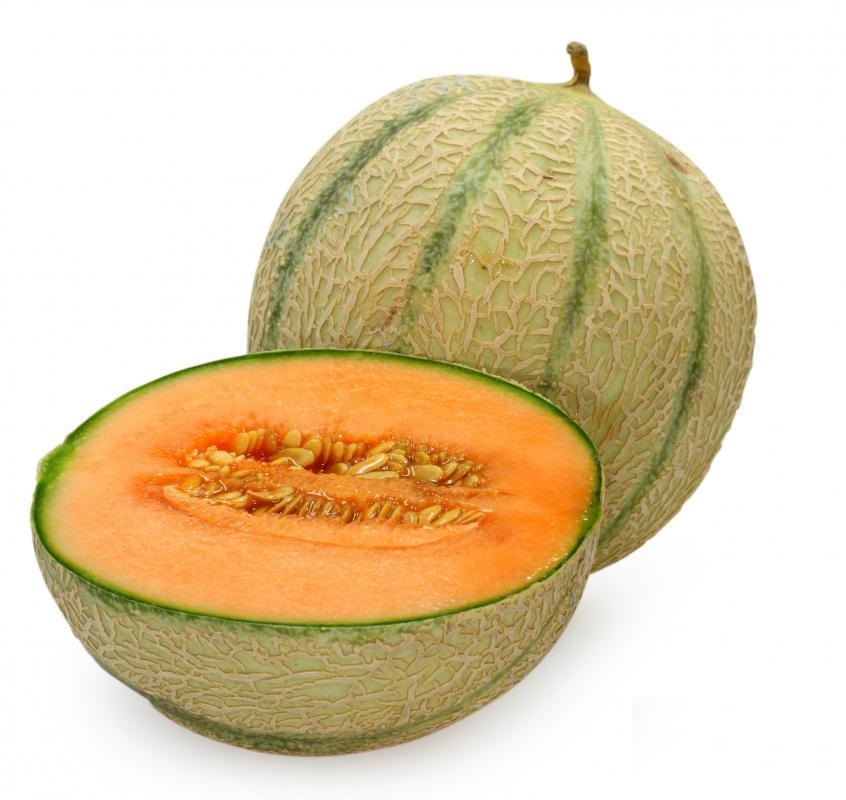

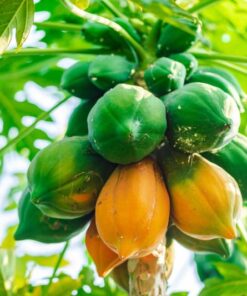
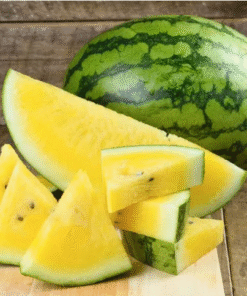
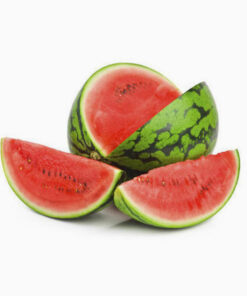
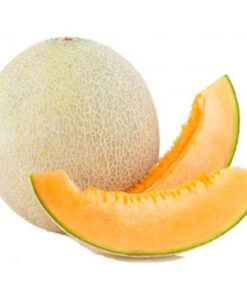


Reviews
There are no reviews yet.